In this time of rapidly converting our courses to distance or online learning modalities, perhaps one of the biggest questions that remain is how to do testing so that students don’t cheat. Perhaps there is another way to look at this question. How can we reconstruct tests so that students can’t cheat, or at least make the cheating much more cumbersome than actually studying and taking the test on their own?
One of the questions we could potentially ask (and should be asking) is what is truly important for my students to understand when they finish my course. Should they know all the content, or should they understand how to apply the content in novel situations? Guaranteed, that if you focus on just the content, no student would be successful six weeks after the class is over. As instructors, we are content experts. But think about how we became content experts. We have spent years teaching (which is a great way to learn a subject), and we engage with the subject two times a year, and potentially multiple times a semester. How many of our students do the same?
So I go back to the original question. What is truly important? As an example in the sciences: learning how to use a single brand of micropipette or piece of equipment that may or may not be used by a potential employer or understanding the role the piece of equipment plays, and understanding and interpreting the results of the experiment in which it was used? Which skill is more broadly applicable? The answer to these questions will alter what we ask, and how we test. The answer to these questions may cause a fundamental shift in the way we educate (but that is another topic).
But still….testing. How can we ensure students don’t cheat on an exam? We have students without webcams or even computers. Anti-cheating applications typically rely on equipment to monitor the student during the test. What if the student does not have the equipment? We trust that student to not cheat (not a bad thing). What, though, if we thought about testing differently? Again, what is important? Memorizing and using a particular formula, or knowing when to use the formula and how to interpret the results?
Case studies (or something similar) are great ways to get students beyond recalling facts and applying what they are learning in the classroom to novel situations. Using pre-authored case studies makes it a bit easier for the instructor, but answers may be found online as well. Modifying a published case study makes copying and pasting from the web more difficult. Authoring your own case study is a bit more difficult, but almost impossible to cheat on. Using a novel case study also gets away from recalling examples from the textbook and ensures students are applying their knowledge in a heretofore unseen situation.
This is just one example. There are certainly other ways to prevent, or greatly reduce the ways in which a student can cheat on an exam. I think the best is using unique, or rare, examples for the stem question. What methods do you use to reduce potential cheating?


What great questions you raise here, Nick! This was about so much more than testing. Answering these questions may change instruction from lesson design through assessment. Thank you for pressing!